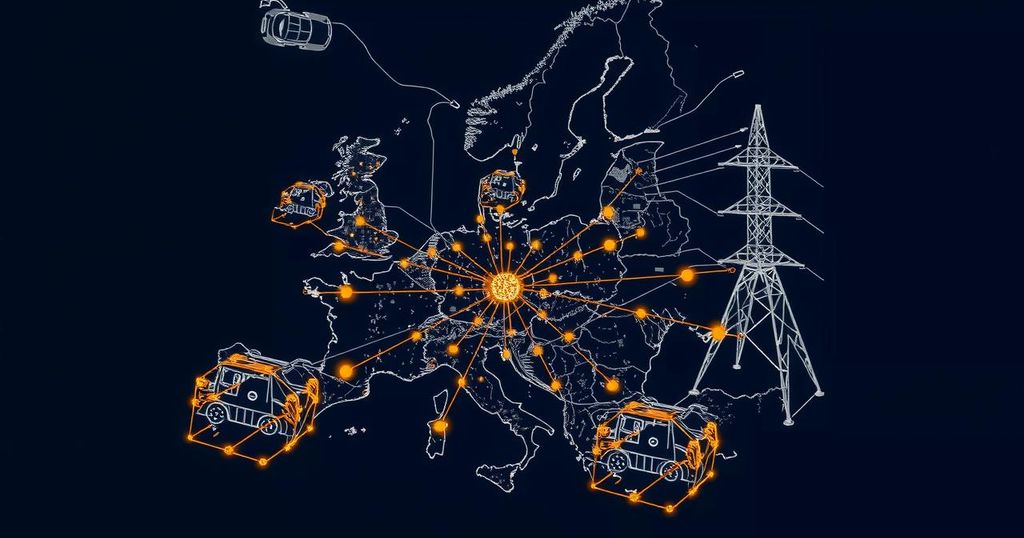The adoption of bidirectional EV chargers may reduce annual energy system costs in the EU by 8.6 percent by 2040, as per a study by Transport & Environment and the Fraunhofer Institute. The findings call for strategic planning and investment to realize this integration effectively.
The widespread adoption of bidirectional electric vehicle (EV) chargers could significantly impact the energy system costs across the European Union (EU). According to a study commissioned by Transport & Environment and conducted by the Fraunhofer Institute, it is projected that by the year 2040, implementing such technology may lead to a reduction of approximately 8.6 percent in annual energy system expenses throughout the EU. This outcome emphasizes the necessity of integrating EVs into the broader energy framework to optimize energy management and reduce costs effectively. The realization of this potential requires strategic planning, substantial investment in infrastructure, and supportive regulatory frameworks that encourage the development and deployment of bidirectional charging systems on a large scale.
The transition towards electric vehicles (EVs) has gained momentum across Europe, with an increasing number of governments and industries recognizing the need for sustainable energy solutions. As the market for electric vehicles expands, the incorporation of innovative technologies like bidirectional chargers becomes crucial. These chargers enable EVs to not only draw electricity from the grid but also return stored energy back to it, creating a two-way power distribution system. This integration has the potential to greatly enhance energy efficiency, support grid stability, and reduce overall costs associated with energy consumption, which is imperative for future sustainability efforts.
In conclusion, the research indicates that integrating bidirectional electric vehicle chargers into the EU’s energy system could lead to substantial economic benefits, incorporating an estimated savings of 8.6 percent in energy costs by 2040. This shift towards a more flexible and efficient energy ecosystem underscores the critical role that technology and policy will play in the evolution of transportation and energy sectors. For a successful transition, it is essential to foster an environment conducive to innovation and collaboration among stakeholders.
Original Source: www.electrive.net

Leave a Reply